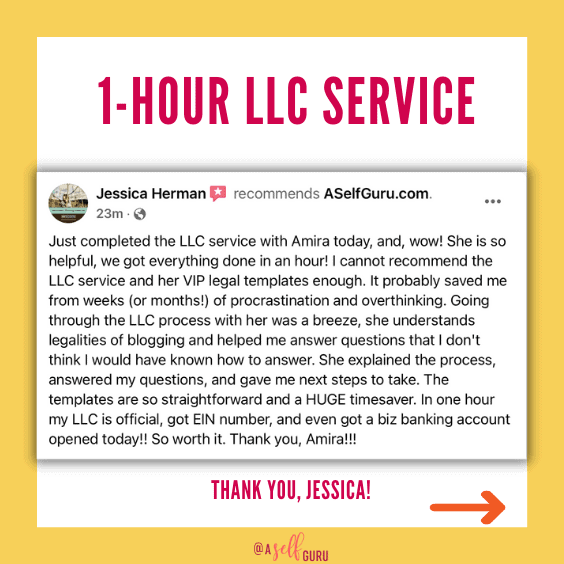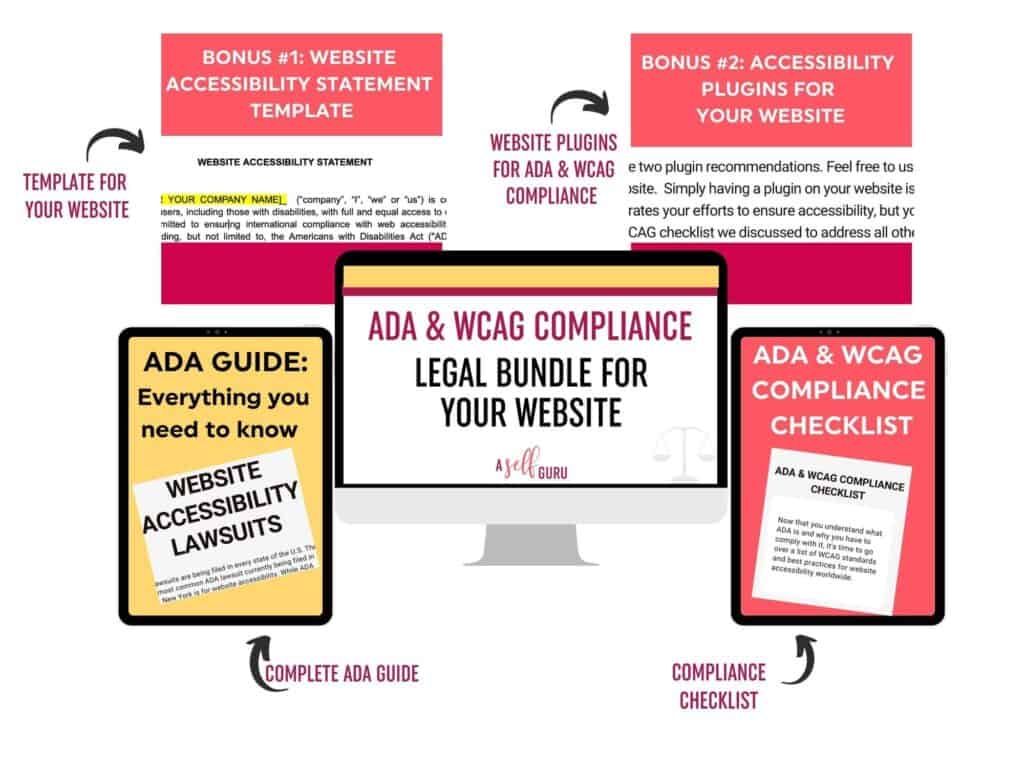How to use a POS system in a restaurant for time management?
In the bustling world of restaurant management, time is as precious as the finest caviar.
Whether you’re running a cozy bistro or a high-end dining establishment, efficient time management is crucial to ensure smooth operations and satisfied customers.
One powerful tool that can revolutionize your restaurant’s time management is the Point of Sale (POS) system.
This blog post will explore how you can leverage a POS system to optimize time management in your restaurant, ultimately leading to happier staff, more satisfied customers, and increased profitability.
Table of Contents
What is a POS System and Why It Matters
A POS system is more than just a high-tech cash register.
It’s a comprehensive platform that handles sales transactions, inventory management, employee scheduling, and even customer relationship management.
For restaurant owners, a POS system can streamline operations, reduce errors, and provide valuable insights into business performance.
Implementing a POS system in your restaurant is not just a trend; it’s a necessity.
With competition fierce and customer expectations high, having a reliable POS system can set you apart from the rest.
It can help you manage everything from order processing to inventory management, freeing up your time to focus on enhancing the dining experience for your customers.
Below are 13 key strategies to help restaurant managers enhance their time management skills and boost overall efficiency.
Establish Clear Goals and Objectives
Setting clear goals is the first step to properly managing one’s time.
Restaurant managers should set both short-term and long-term goals for themselves, their team, and the establishment.
The short-term goals can range from achieving particular sales each day to maximizing table turnover rates.
Long-term goals may include adding to the menu or attaining a certain rating in customer service.
In this direction, managers will then know how to prioritize their tasks accordingly and concentrate on what really helps them reach these set goals.
Make a Daily To-Do List
A daily to-do list is a strong tool for maintaining organization and focus.
Each day, a restaurant manager should make a list of the things that need to be done, dividing tasks into urgent and not urgent.
Activities like scheduling, inventory, and menu planning should be rated in order of importance according to priority and how each will affect the daily operation.
By seeing the tasks, managers will be able to allocate their time and resources appropriately to ensure that anything critical is handled with speed.
Employ a Good POS System
The modern POS system is a real treasure when it comes to enhancing time management in restaurants.
A very good restaurant POS system smoothes the ordering and payment processes and, therefore, allows the servers to take their orders quickly.
It also offers real-time data on sales, levels of inventory, and customer preferences, thus enabling managers to make well-informed decisions promptly.
Streamline Order Processing
One of the most significant advantages of a POS system is its ability to streamline order processing.
Gone are the days of handwritten orders and the inevitable errors that come with them.
With a POS system, orders are entered directly into the system, which then sends them to the kitchen in real time.
This not only speeds up the order-taking process but also minimizes the chances of errors.
The kitchen staff can see the orders immediately, allowing them to start preparing the dishes without delay.
This efficient flow of information ensures that customers receive their meals promptly, leading to a better dining experience.
Delegate Responsibilities
Good time management incorporates effective delegation, so the manager should look for tasks that can be passed on to staff and then free their time up to focus on higher-level responsibilities.
Examples include giving shift supervisors responsibility for staff management or assigning prep work to kitchen staff.
Give them opportunities for professional development, and at the same time, there will be many benefits that come with giving employees’ self-esteem a boost.
Apply Time-Saving Technologies
Technology can really help a restaurant with time management in today’s digital world.
Scheduling software, inventory management, and point-of-sale systems can all help organize daily restaurant operations.
Restaurant management software lets restaurants schedule their staff efficiently and minimizes conflicts and last-minute changes.
Online reservation systems manage the flow of guests; hence, managers will know how to distribute resources during peak hours.
Managers can save their precious time by using technology and devote more time to customer experience improvement.
Prioritize Customer Engagement
While operational activities are indeed of the highest priority, focusing one’s attention on the customers can often be a key to long-term success.
Restaurant managers should make time with their guests, soliciting their responses and developing a relationship.
The better the understanding of customer preference and addressing concerns, the more likely the improved satisfaction and repeat business.
The managers can plan for certain times each day when they interact with the guests, ensuring that due importance is accorded to customer service as to the overall efficiency of operations.
Important Task Time Block
Time blocking is a technique where a particular block of time is scheduled for a certain task.
Restaurant managers apply this to booking specific times for staff meetings, inventories, and other serious planning activities.
A manager promises to attach priority time to these tasks, reducing distractions and really allowing productivity to kick in.
Such activities could be morning staff briefings of about 30 minutes, where everyone gets on the same page and is ready to face the day.
Test and Refine
Time management strategies have to be constantly reviewed for further improvement.
What works and what doesn’t has to be assessed by the managers, who then make the requisite changes.
For instance, if certain scheduling does not seem to work as one would have hoped, one should try something else.
Response or feedback regarding the time management practices of staff may also be solicited, helping one understand how practices can be improved.
In this way, managers can form cultures of adaptability within teams by being open to change.
Speed Up Payments and Reduce Errors
In a busy restaurant, every second counts.
Slow payment processing can lead to long wait times and frustrated customers.
A POS system can speed up the payment process by allowing customers to pay quickly and securely using various payment methods, including credit cards, mobile wallets, and contactless payments.
Additionally, a POS system can reduce the chances of errors during payment processing.
The system automatically calculates the total amount, including taxes and tips, reducing the risk of mistakes.
This ensures that customers are billed accurately and that your restaurant’s financial records are kept in order.
Manage Multiple Locations with Ease
If you own multiple restaurant locations, managing them can be challenging.
A POS system can simplify this process by providing a centralized platform for managing all your locations.
You can track sales, inventory, and employee performance across all your restaurants from a single dashboard.
This allows you to maintain consistency in your operations and make informed decisions for each location.
You can also share data and insights across your locations, helping you identify best practices and areas for improvement.
Offers Enhanced Security Features
Security is a top priority for any restaurant owner.
A POS system provides enhanced security features that protect your business and customer data.
The system uses encryption to secure payment information and prevent unauthorized access.
Additionally, you can set up user permissions to control access to sensitive information.
For example, you can restrict access to financial data to only authorized personnel. This ensures that your business and customer information is protected at all times.
Ensure Compliance with Regulations
Running a restaurant involves complying with various regulations, including health and safety standards, labor laws, and tax requirements.
A POS system can help you ensure compliance by providing features that track and manage these requirements.
For example, the system can track employee hours and ensure that you comply with labor laws.
It can also provide reports that help you comply with tax requirements. By using a POS system, you can streamline compliance and reduce the risk of violations.
How Do You Use a POS Machine for Beginners?
Using a POS machine may seem daunting at first, especially for beginners.
However, with some basic knowledge and practice, anyone can become proficient in using a POS system.
Here are 7 tips for using a POS machine for beginners:
-
Familiarize yourself with the hardware:
Take some time to understand the various components of the POS machine, such as the screen, keyboard, scanner, and card reader.
-
Learn the functions:
Each button on the keyboard has a specific function related to order management or payment processing.
Make sure you know what each button does before starting.
-
Practice processing orders:
Familiarize yourself with entering orders into the system and making modifications or additions as needed.
-
Understand payment processing:
Learn how to accurately process different payment types, including cash, credit, and gift cards.
Get comfortable with accessing the options for handling discounts, refunds, and splitting payments.
-
Use customer service features:
Many POS systems offer features such as loyalty programs, email receipts, and customer databases.
Take advantage of these tools to enhance the customer experience.
Here is a customer interaction management software to boost loyalty.
-
Troubleshoot common issues:
Familiarize yourself with basic troubleshooting techniques for common issues like connectivity problems or errors in transaction processing.
Knowing how to solve these quickly can avoid service disruptions.
-
Seek ongoing training:
POS systems are often updated with new features and improvements.
It’s essential to stay informed and seek training or support when needed to ensure you’re using the system to its full potential.
By taking the time to understand and practice these basics, beginners can effectively manage the operations of their restaurant through a POS system, leading to better efficiency and a smoother workflow.
Related Video: $90K Business Mistakes You Should Avoid
Final Thoughts – How to Use a POS System in a Restaurant
Effective time management is crucial for restaurant managers to attain operational efficiency and effectiveness in customer service.
Managers will be able to plan their priorities against the backdrop of the execution of operations smoothly by setting clear goals, making daily to-do lists, assigning responsibilities, and utilizing modern techniques of technology.
Besides, interaction with customers and periodic re-evaluation of time management strategies will go a long way towards a thriving atmosphere of the restaurant.
These time management tips make restaurant managers more effective and establish a more efficient workplace that is vital in boosting the dining experiences of every customer.
A POS system can help you streamline operations, reduce errors, and provide valuable insights into your business performance.
By leveraging the power of a POS system, you can improve customer service, enhance inventory management, simplify employee scheduling, and increase profitability.
Whether you’re a seasoned restaurant owner or just starting, a POS system is an essential tool for managing your restaurant effectively.
Invest in a reliable system today and experience the benefits of improved time management and operational efficiency.
RELATED POSTS TO USING POS SYSTEM IN RESTAURANT FOR TIME MANAGEMENT
In addition to learning about mastering time management for POS system in restaurants, you should join my Facebook group here to connect with me and other entrepreneurs.
This blog offers many legal tips for entrepreneurs here.
Check out more helpful blog posts next:
15 Website Legal Requirements You Must Know
Avoid Legal Issues With This Media Release Agreement Template
Why You Need a Podcast Guest Release Form (Template Inside)
23 Legal Tips for Small Business Owners From a Lawyer
Lawyer’s Guide on How to File a BOI for LLC Correctly
13 Do’s and Don’ts of Social Media Success
7 Legal Issues for Freelancers to Must Avoid
How to License Content Correctly and What Contract You’ll Need
What’s an AI Disclaimer and Why You Need it (plus template)
Top 17 Social Media Marketing Mistakes to Avoid in Business
Single Member LLC vs Multi-Member LLC: Complete Guide
25 Tips of Financial Advice for Entrepreneurs as a Guide
How to Handle Chargebacks and Disputes in Business
VISIT THIS FREEBIES PAGE TO GET 5 AWESOME FREE BUSINESS, BLOGGING AND LEGAL TIPS!
Below are some more helpful blog posts, legal tips, tools, and resources that you should check out next:
- Beautiful Pinterest templates to increase traffic to your blog!
- What’s an LLC and when to form one?
- How to Legally Protect Your Book (with Proper Copyright Notice and Disclaimer Examples)
- AI writing tool to write blog posts 10x faster, create social media content, videos, and any kind of content to save time in business
- This SEO tool makes sure your blog posts rank on the first page of Google!
- Manage your accounting effortlessly with this amazing tool.
MORE TOOLS TO GROW YOUR ONLINE BUSINESS
- TubeBuddy to grow your YouTube channel, and this is another great tool for YouTube SEO.
- Free SEO Masterclass to learn how to optimize your blog posts for SEO to rank on Google. You can also buy this awesome bundle of ebooks instead if you prefer ebooks over video training.
- Best accounting software to manage profit and loss and more!
- Best payroll service (super affordable, too)
- A great all-in-one business platform for hosting your course, email communications, sales pages, and more!
- This paraphrasing tool to create original work for the client
- A professional theme for your website
- Millionaire blogger’s secrets here and tons of valuable resources.
- How to start your blogging business and make money online
- How to make money from affiliate marketing
- The Best Freelance Writing Contract Template (for writers and clients)
- Guest Blogger Agreement to publish guest posts on your website legally and avoid any copyright infringement, Media release agreement to be able to use other people’s photos, videos, audio, and any other content legally, Privacy policy on your website to ensure your blog’s legal compliance, Disclaimer to limit your legal liability, Terms and Conditions to set your blog rules and regulations! Get all of these templates at a discounted rate in one of my best-selling VIP legal bundle here.

















